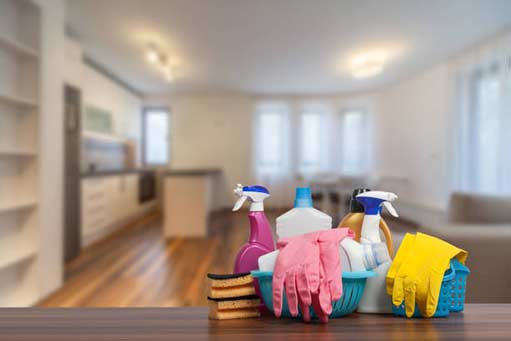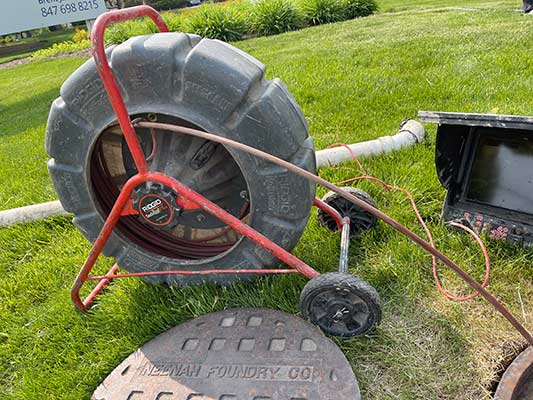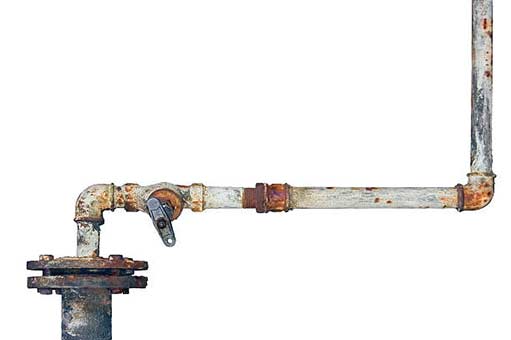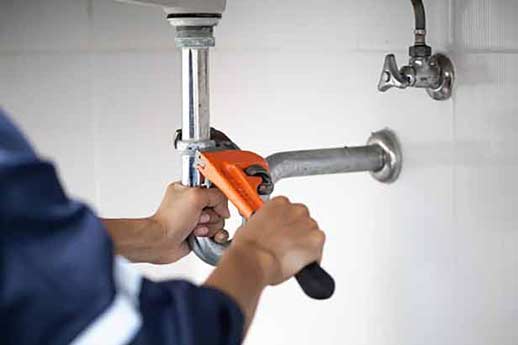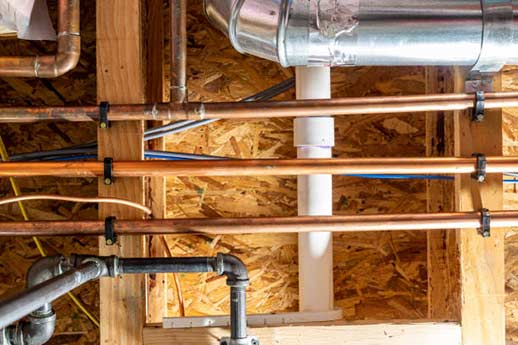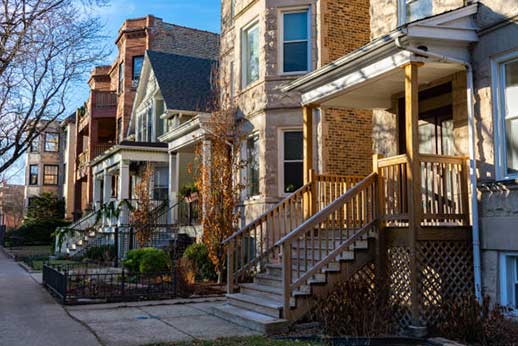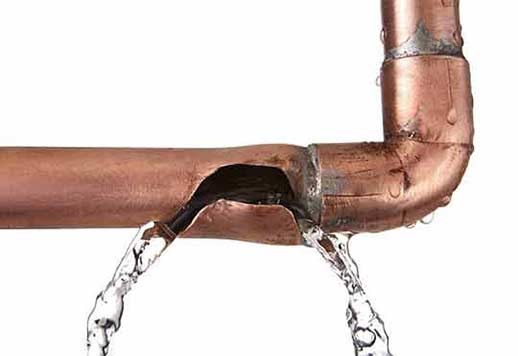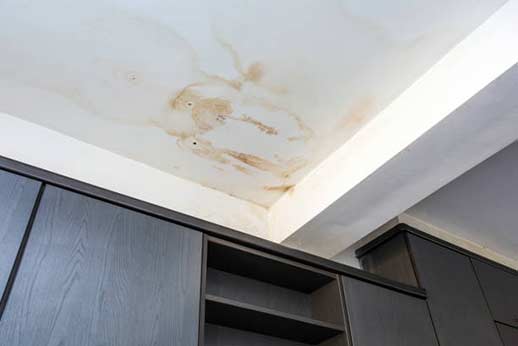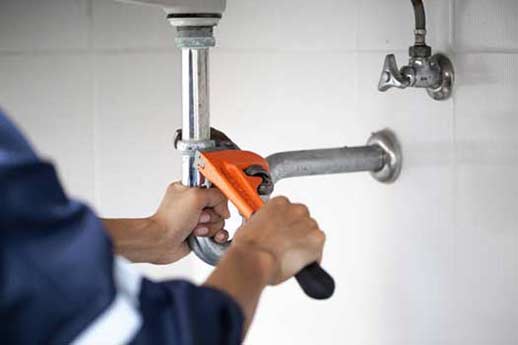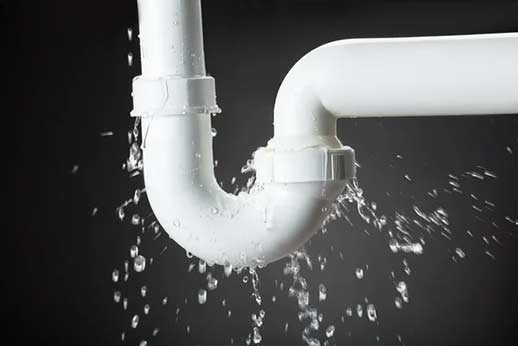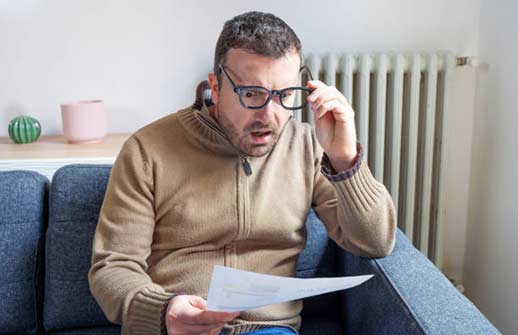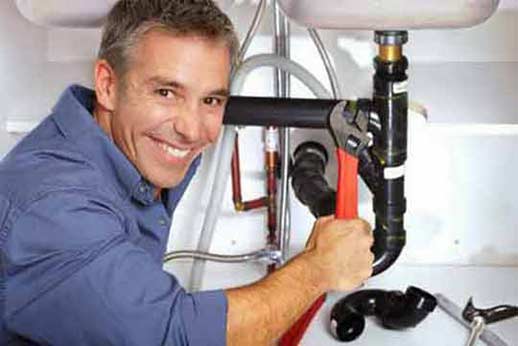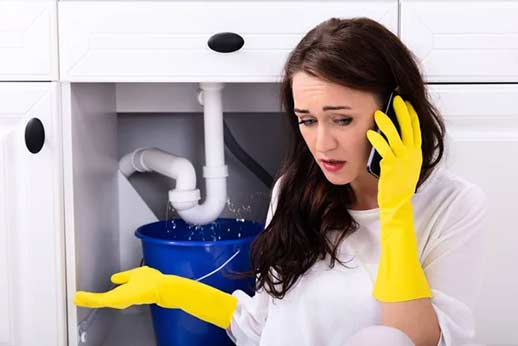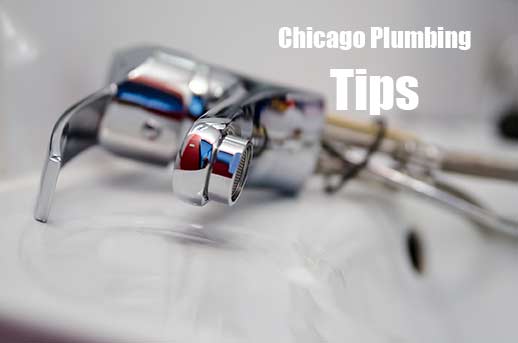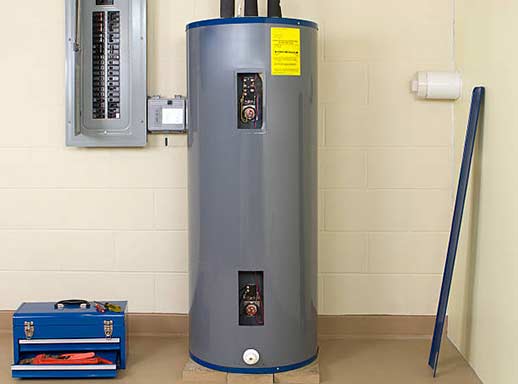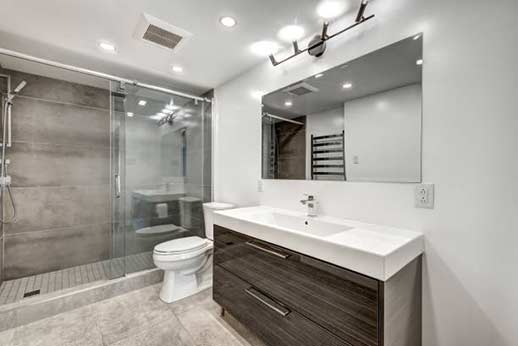Why Plumbing Should Be Included in Your Spring Cleaning Checklist
Spring is a time of renewal and fresh starts, and what better way to kick off the season than by giving your home a thorough cleaning? While many homeowners focus on tasks like dusting, decluttering, and organizing, it’s important not to overlook one crucial area: your plumbing system.
The Importance of Plumbing Maintenance
Your plumbing system plays a vital role in your everyday life, providing clean water for drinking, bathing, cooking, and more. Without proper maintenance, however, your plumbing system can develop issues that may disrupt your daily routine and even cause significant damage to your home.
By including plumbing maintenance in your spring cleaning checklist, you can detect and address problems early on, preventing them from escalating into more costly and extensive repairs. Additionally, regular plumbing maintenance can help improve the efficiency and lifespan of your plumbing system, saving you money on utility bills and future repairs.
Common Plumbing Issues to Watch Out For
While it’s always a good idea to schedule a professional plumbing inspection to thoroughly assess your system, there are several common plumbing issues that you can keep an eye out for during your spring cleaning:
1. Leaky Faucets
Leaky faucets may seem like a minor annoyance, but they can waste a surprising amount of water over time. Check all faucets in your home for any signs of leaks, such as dripping or a constant stream of water. If you discover a leak, it’s important to repair or replace the faulty faucet promptly.
2. Clogged Drains
Clogged drains are a common plumbing issue that can disrupt your daily routine. Use a drain cleaner or a mixture of vinegar and baking soda to clear any minor clogs. For more stubborn clogs, you can use a plunger or call a professional plumber for assistance.
3. Running Toilets
A running toilet not only wastes water but can also lead to a significant increase in your water bill. If you notice that your toilet continues to run after flushing, it’s essential to address the issue as soon as possible. Often, a running toilet can be fixed by adjusting the flapper or replacing some of the internal components.
4. Water Heater Maintenance
During your spring cleaning, don’t forget to include your water heater in your plumbing checklist. Flush the tank to remove sediment buildup, check for any leaks or unusual noises, and adjust the temperature if necessary. Regular maintenance can help extend the lifespan of your water heater and ensure it continues to provide hot water efficiently.
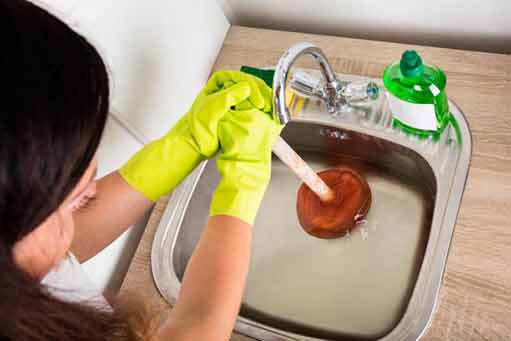
Clogged drains are a common plumbing issue that can disrupt your daily routine. Use a drain cleaner or a mixture of vinegar and baking soda to clear any minor clogs. For more stubborn clogs, you can use a plunger or call a professional plumber for assistance.
The Benefits of Including Plumbing in Your Spring Cleaning
Now that you understand the importance of plumbing maintenance let’s take a closer look at the benefits of including it in your spring cleaning routine:
1. Cost Savings
By addressing plumbing issues early on, you can avoid more extensive and expensive repairs in the future. Additionally, proper maintenance helps improve the efficiency of your plumbing system, reducing your water and energy bills.
2. Increased Lifespan
A well-maintained plumbing system can have a significantly longer lifespan than one that is neglected. Regular inspections and maintenance help identify and resolve minor issues before they can cause significant damage or lead to system failure.
3. Health and Safety
Plumbing issues, such as leaks or clogs, can create an environment conducive to the growth of mold and mildew. These can lead to various health problems, including allergies, respiratory issues, and infections. By keeping your plumbing system in good condition, you can ensure a healthier living environment for you and your family.
4. Peace of Mind
Knowing that your plumbing system is well-maintained and functioning properly can provide you with peace of mind. You won’t have to worry about unexpected plumbing emergencies disrupting your daily life or expensive repairs catching you off guard.
Tips for Maintaining Your Plumbing System
Here are some helpful tips to keep your plumbing system in top shape:
1. Regular Inspections
Schedule annual professional plumbing inspections to identify any potential issues before they become major problems.
2. Watch What You Flush
Avoid flushing anything other than toilet paper and human waste down the toilet. Items like cotton balls, wipes, and feminine hygiene products can lead to clogs and other plumbing issues.
3. Be Mindful of Grease
Pouring grease down the drain can cause clogs and damage to your pipes. Instead, dispose of grease in a sealed container in the trash.
4. Use Drain Strainers
Install drain strainers in your sinks and showers to catch hair, soap residue, and food particles that can contribute to clogs.
5. Monitor Water Pressure
High water pressure can cause stress on your plumbing system over time, leading to leaks and other issues. Use a pressure gauge to ensure your water pressure is within the recommended range.
In Conclusion
Including plumbing maintenance in your spring cleaning checklist is essential for the overall health and efficiency of your home. By being proactive and addressing plumbing issues early on, you can avoid costly repairs, extend the lifespan of your plumbing system, and ensure a safe and comfortable living environment for you and your family. So, don’t forget to make plumbing a priority this spring!
